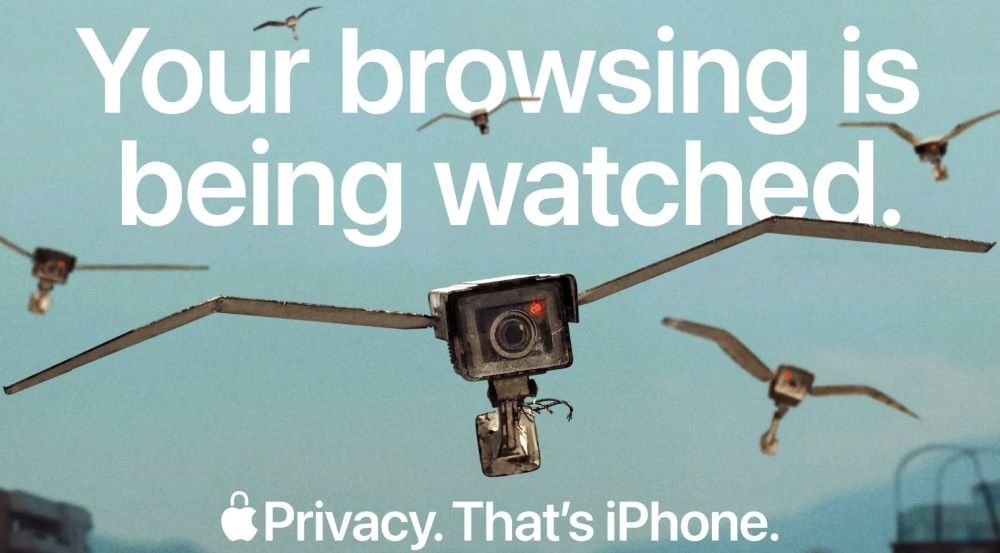Apple recently launched a new video ad to promote its Safari web browser among netizens looking to stop surveillance of their web activity.
The two-minute film shows swarms of flying security cameras pursuing and attacking smartphone users each time they browse the internet – until an iPhone user opens the Safari app and triggers their destruction: a dramatic portrayal of how Apple’s browser protects users from cross-site web tracking.
But to what extent do consumers in various markets – at present – worry about their privacy when using the internet? How many have taken steps to block tracking of their web activity, and how does this vary across users of different browsers?
Browser privacy: how concerned are netizens across various markets in APAC?
Latest data from YouGov Profiles shows that a sizeable proportion of consumers worry about the privacy when using the internet.
Over half (54%) of consumers in Australia say that privacy concerns aren’t far from their minds when browsing the web, while just under half (47%) in Singapore express the same.
Web privacy is also concern for more than two-fifths (44%) of consumers in Indonesia and over a third (35%) in Thailand.
What proportion of consumers have taken steps to block tracking of their web activity?
Data from YouGov Profiles also shows that the majority of younger consumers in Australia and Singapore – about half of Millennials and three-fifths of Gen Z – have installed ad blocking / anti-tracking software in their web browsers or smartphones.
In contrast, less than two in five Gen X consumers in both markets presently use such software, and fewer still among Baby Boomers.
In Indonesia and Thailand, around two-fifths of Gen Z and Millennials have such web privacy software installed, compared to around a quarter of Gen X consumers in both markets and of Baby Boomers in Thailand.
Chrome vs Firefox, Safari vs Edge – which web browser’s users are most likely to be using privacy preserving software?
Among users of major web browsers, consumers who use Mozilla’s Firefox in the main are most likely to have installed ad blocking / anti-tracking software compared in Australia, Singapore and Thailand – followed at a distance by consumers who primarily/exclusively use Microsoft’s Edge – although the reverse is true in Indonesia.
Google Chrome users are next most likely to have installed such privacy preserving software, ahead of Apple’s Safari (except in Thailand where about the same proportion of users indicate so).
Methodology: YouGov Profiles is based on continuously collected data and rolling surveys, rather than from a single limited questionnaire. Profiles data for Australia is nationally representative of the adult population and weighted by age, gender, and region. Profiles data for Singapore is nationally representative of the adult population and weighted by age, gender and ethnicity. Profiles data for Indonesia is representative of the online population and weighted by age, gender, socioeconomic class and city tier. Profiles data for Thailand is representative of the online population and weighted by gender, age, region and monthly household income. Learn more about Profiles.










